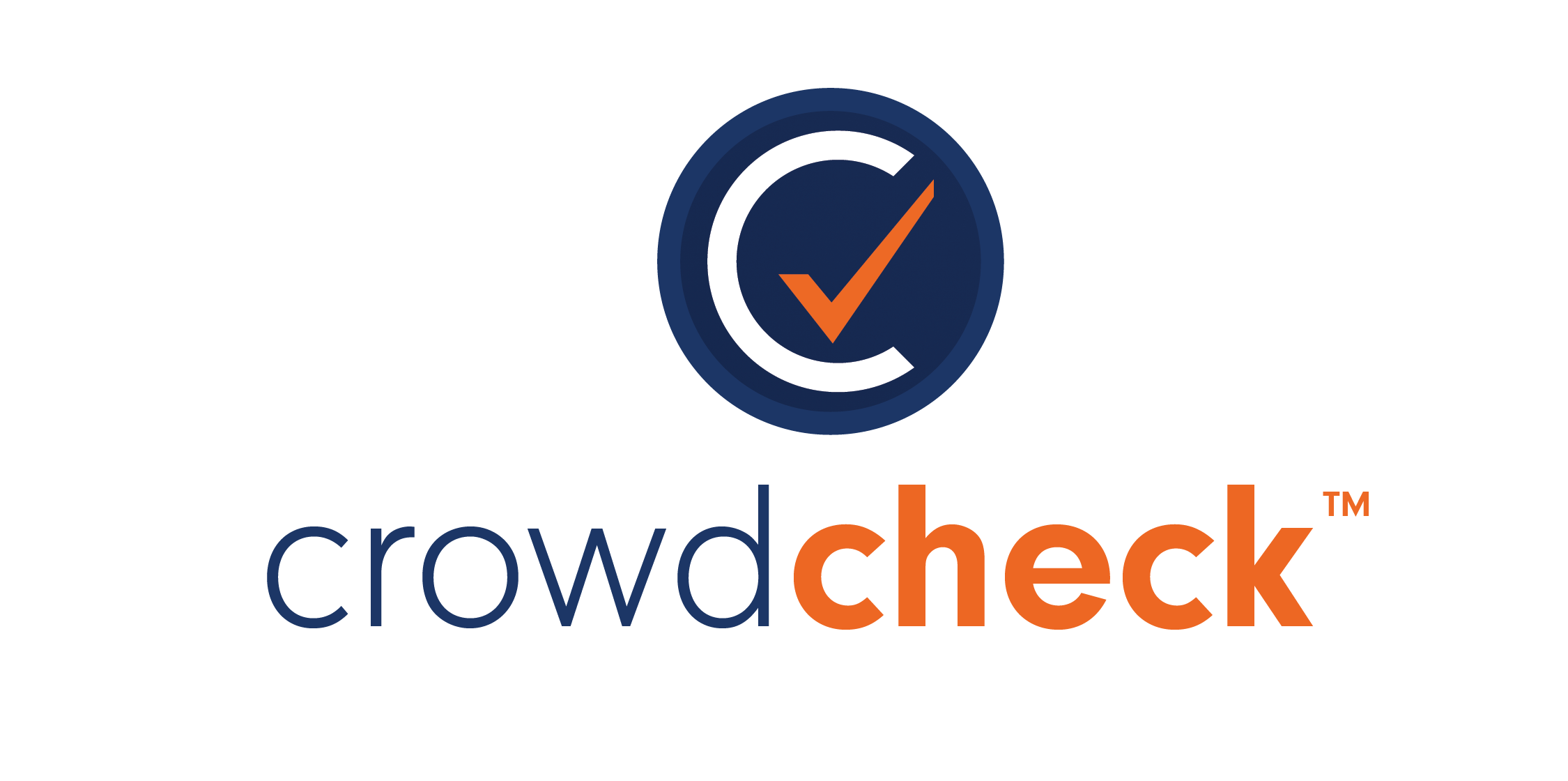The Facebook acquisition of Oculus VR has brought a lot of attention to crowdfunding campaigns by early stage companies. Some of that attention has not been positive; even resulting in death threats to the Oculus VR founders and their families. Much of the more constructive criticism is based around the question of whether the 9,522 Kickstarter backers, who contributed $2,437,429 to Oculus VR, should be entitled to something as a result of such a large acquisition.
Clearly, the Kickstarter campaign was donation/rewards style crowdfunding. The backers received everything they were going to get as a result of their contribution. They did not acquire any equity and could not exercise any control over the decisions of Oculus VR. What made the campaign successful is that backers were excited about receiving the development version of the Oculus Rift. As a result, there is new interest in combining the benefits of a rewards campaign where backers receive something they are excited about, and a securities crowdfunding campaign where the backers receive equity. Oculus VR could have sold equity in the company to its early backers (subject to compliance with the securities laws). However, if Oculus VR wanted to also provide development versions of the Oculus Rift to investors, there would have been some tricky tax and legal issues.
In a traditional donation/rewards crowdfunding campaign by a for-profit company, the contributions received by the company are taxable income. In a pre-purchase campaign where the reward is a product, the company may also owe sales tax to the state where the backer who purchased the item is located. When selling securities, though, the proceeds of the sale of the securities are not considered taxable income to the company and sales taxes don’t apply.
Plus one to the securities crowdfunding campaign? Maybe. But if the company also issues a reward in that campaign, the value of that reward needs to be accounted for, and there are tax and accounting implications. In its accounts, the company has to record the sale of securities differently than it accounts for the sale of goods (which is what a pre-purchase campaign really is). If the company offers a package of product and shares, it has to assign values to each of them. It also has to pay sales tax on the product sold.
One idea that has begun floating around the internet is that the company could “give away” its stock as part of a donation/rewards crowdfunding campaign. Unfortunately for this line of reasoning, this type of transaction would still require the securities to be registered or be exempt from registration under the Securities Act. When issuing securities in a commercial transaction (even a donation/rewards crowdfunding campaign) the securities laws in the United States will look through the transaction and deem the securities to have been issued in exchange for a benefit (and thus to have been sold). Additionally, law of the state where the company is incorporated may restrict the giving away of stock. In order to be “fully paid”, the company must receive value for the stock that is greater than the par value of the shares. Par value is always greater than zero (even if infinitesimally small). If stock is given away, it will not be fully paid and this could embroil the company in legal trouble because a court could find the stock issued is invalid.
Could the company “give away” the product with the shares then? In some cases, it might be able to. If the giveaway was something that led to greater sales, it might be treated as a promotional effort. With a product like the Oculus Rift, though, where consumers typically buy only one item and it has a high value, state taxing authorities might not view the transaction as a giveaway. Additionally, this approach might result in the tax basis of the securities being adjusted downwards, meaning that investors have to pay more tax when the company gets acquired by Facebook.
Before going forward with any combined securities and donation/rewards crowdfunding campaign, companies will need to carefully consider if the structure of the transaction will lead to taxable events and or securities law issues, and make sure the transaction is accounted for properly. In our next post on this topic, CrowdCheck will review the issues that could arise from a different type of combination campaign — rewards as dividends.

